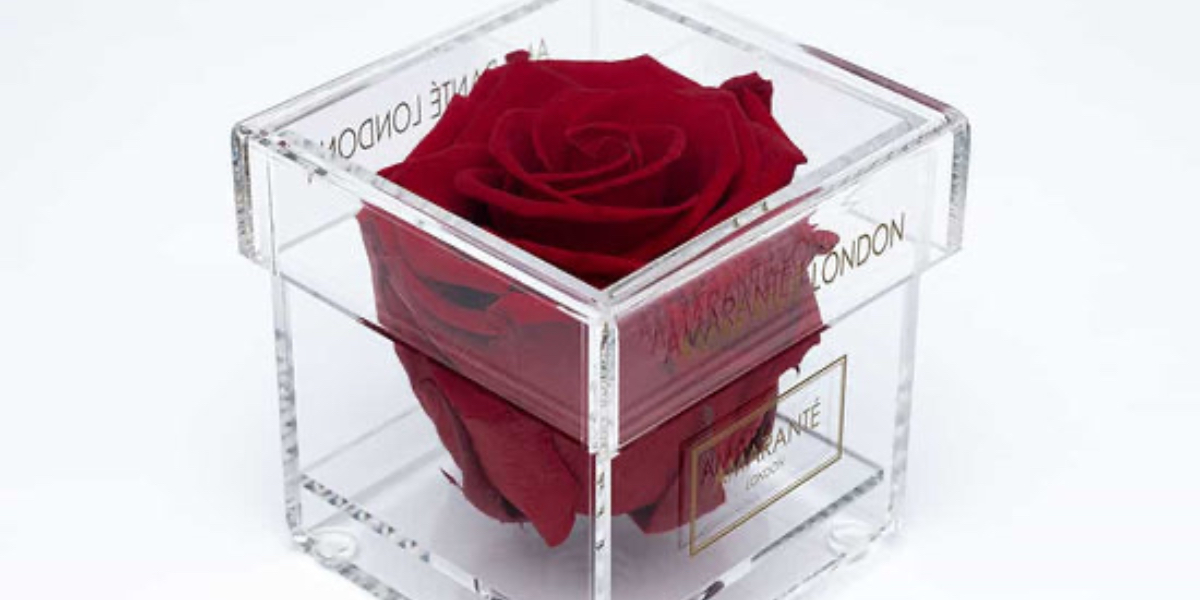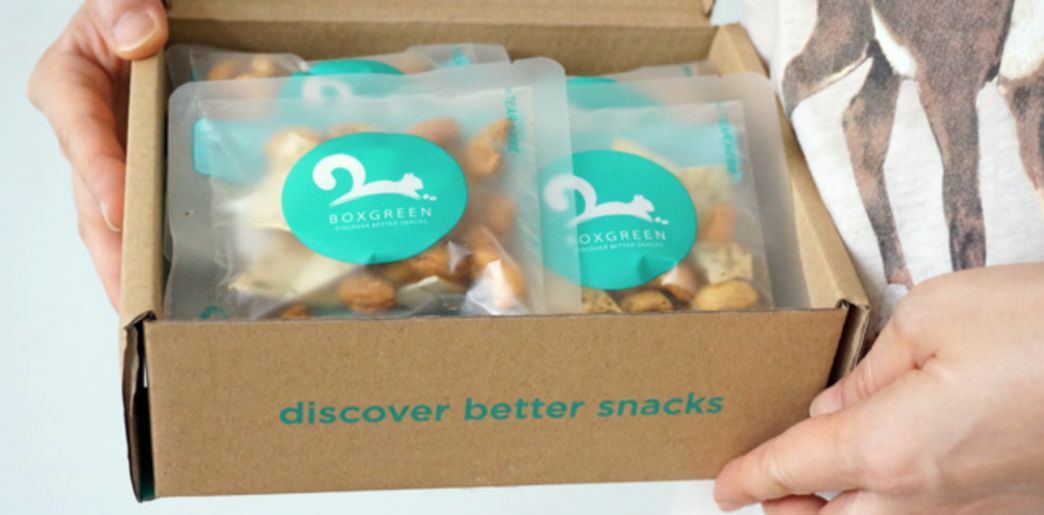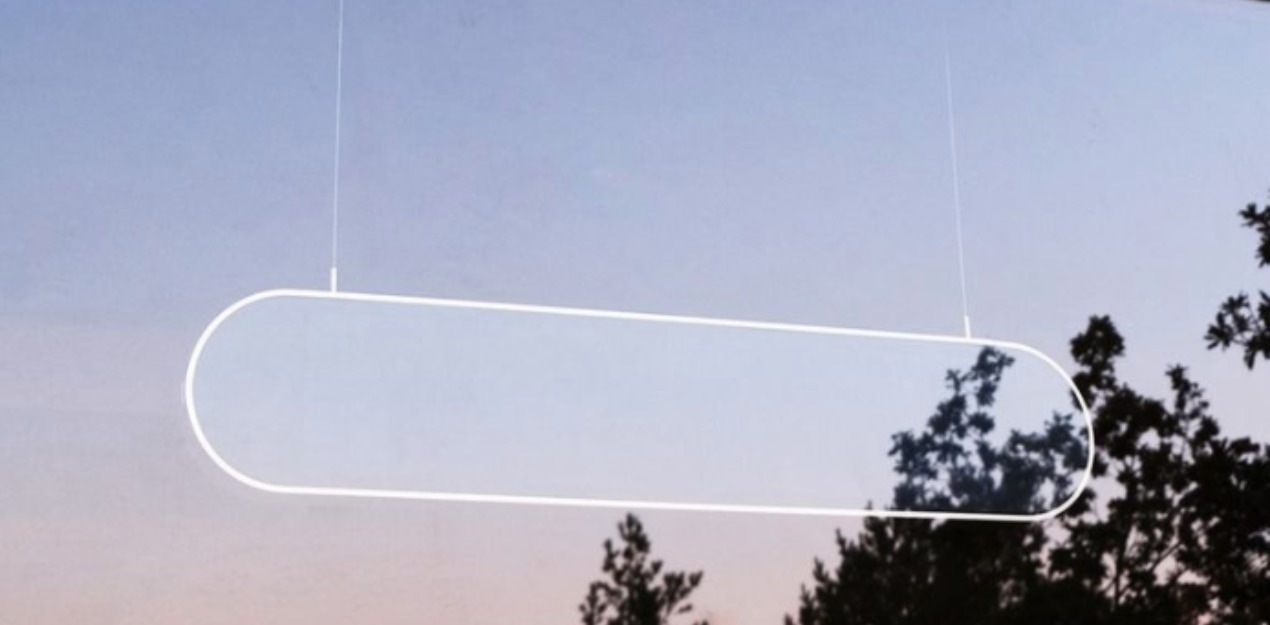AWARD YEAR
2023
CATEGORY
Home
GOALS
Responsible Consumption & Production, Climate Action, Life On Land
KEYWORDS
flowers, zero pesticides, sustainable production, home decoration
COUNTRY
United Kingdom
DESIGNED BY
Amaranté London
WEBSITE
https://www.amarantelondon.com
Infinity Roses
Fairtrade and B-Corp certified sustainable flowers that will last for years
How does it work?
Amaranté London sells flowers that's meant to last for years, not days. They're not only ethically sourced flowers directly from our B-Corp and Fairtrade farms.
Founder Kay Seehra developed a natural preservation formula, capable of freezing the life of every rose, capturing them within the height of their beauty. On the surface, Infinity roses are real fresh roses that have been preserved through a unique scientific method. Each rose is picked fresh from their Fairtrade farm in Ecuador and goes through a preserving process whereby the sap is replaced by a natural wax based substance which ensures that each rose maintains its original texture and appearance, making them always appear fresh and smell incredible.
Why is it needed?
Fresh cut flowers are used to mark important occasions, both celebratory and mourning alike. It is an easy gift that does not require much planning, as arranged bouquets are ubiquitous in supermarkets around springtime holidays.
However, those fragrant bouquets stink of environmental pollution.
Fresh cut flowers are also treated with synthetic pesticides, which persists on the bouquets that make it to supermarkets and some commercial florist shops.
Synthetic herbicides and pesticides like glyphosate are known carcinogens that can pollute waterways and seep into drinking water supplies.
In the US, 80% of flowers sold are imported from other countries.
93% are grown in Colombia or Ecuador, the second- and third-largest exporters of cut flowers in the world, respectively. The warm climates of these Latin American countries during the winter months of the US, as well as their cheaper labour, contribute to their dominance in the global flower trade (Green America).
How does it improve life?
The preserved flower arrangements stand confident and charming for a minimum of one year, allowing every beautiful creation to be adored for far longer than regular flowers. Furthermore, each order is carbon negative, supporting the global reforestation of over 30,000 trees so far.





